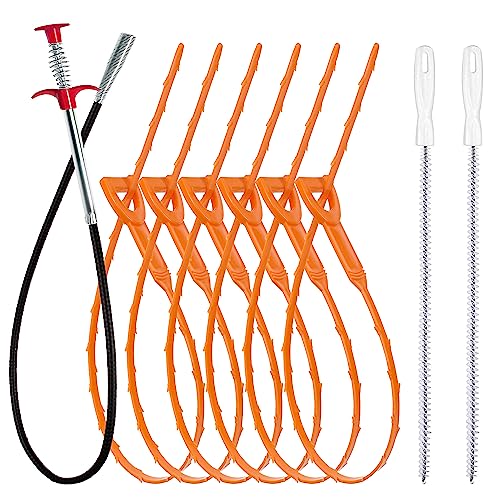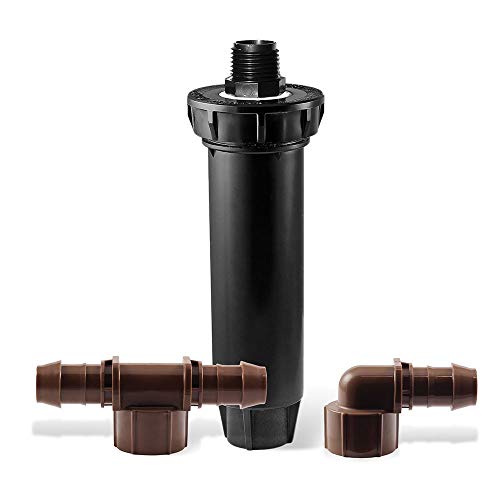chainXzero
Active Member
Had a flood over this past summer. 30 year old, gas flame, one pipe system, steam boiler was almost totally submerged under water for about 4 hours. Currently, I believe the boiler is not building adequate pressure.
What I've done
1) Cleaned out all gas piping of gunk.
2) Removed and cleaned out the flame tubes. (Flame is blue, powerful and consistent throughout all six tubes.)
3) Drained and flushed the system. Water level is appropriate, auto fill works. Even ran pressured water via garden hose through the main return pipe while simultaneously draining the boiler tank into my main sewage line.
4) Removed the pressure gauge/pressure regulator and curly copper piping. The copper piping was clogged with dense black gunk in the curly section. Had to use a stiff wire to remove it all as it was very hard. Pressure gauge is functional and pressure regulator is receiving electricity, both were never under water. I also fished a wire into the pressure gauge/regulator piping going directly into the boiler to break any clogging, but I encountered no resistance or clogging.
Boiler fires up, gets hot, but the steam pressure gauge never registers any pressure at all. I let the boiler run for 60 minutes+ and it did not budge. I carefully unscrewed the pressure gauge when the boiler was hot, to see if any steam would come out, but alas, no steam.
The radiators will get hot after a while, but radiators on the second floor will take a long time to get hot and will have cold spots. I vented all the air from the radiators, ensured all steam radiator valves are functional and open, and ensured the air valves are all functional and appropriately sized. I also removed the two coldest cast iron radiators and power flushed out any debris and gunk. They were moderately dirty, but not even close to clogged or gunked up.
My theory is that the thick black gunk which I removed from the curly copper steam pressure piping, is also, in some location within the boiler, obstructing the main steam chamber coming off the boiler, which is preventing it from building appropriate pressure.
I am in the process of consulting a specialist, but I was hoping someone here on the forum could advise me.
Thank you very much for any advice and/or help.
What I've done
1) Cleaned out all gas piping of gunk.
2) Removed and cleaned out the flame tubes. (Flame is blue, powerful and consistent throughout all six tubes.)
3) Drained and flushed the system. Water level is appropriate, auto fill works. Even ran pressured water via garden hose through the main return pipe while simultaneously draining the boiler tank into my main sewage line.
4) Removed the pressure gauge/pressure regulator and curly copper piping. The copper piping was clogged with dense black gunk in the curly section. Had to use a stiff wire to remove it all as it was very hard. Pressure gauge is functional and pressure regulator is receiving electricity, both were never under water. I also fished a wire into the pressure gauge/regulator piping going directly into the boiler to break any clogging, but I encountered no resistance or clogging.
Boiler fires up, gets hot, but the steam pressure gauge never registers any pressure at all. I let the boiler run for 60 minutes+ and it did not budge. I carefully unscrewed the pressure gauge when the boiler was hot, to see if any steam would come out, but alas, no steam.
The radiators will get hot after a while, but radiators on the second floor will take a long time to get hot and will have cold spots. I vented all the air from the radiators, ensured all steam radiator valves are functional and open, and ensured the air valves are all functional and appropriately sized. I also removed the two coldest cast iron radiators and power flushed out any debris and gunk. They were moderately dirty, but not even close to clogged or gunked up.
My theory is that the thick black gunk which I removed from the curly copper steam pressure piping, is also, in some location within the boiler, obstructing the main steam chamber coming off the boiler, which is preventing it from building appropriate pressure.
I am in the process of consulting a specialist, but I was hoping someone here on the forum could advise me.
Thank you very much for any advice and/or help.

















![MEISTERFAKTUR drain snake 2.0 [50 FT] - with drill attachment - Ideal plumbing snake for sink and drain unblocking - Solid drain auger for real DYIs! (50 FT - 1/4 inch)](https://m.media-amazon.com/images/I/41VwmTiOsgL._SL500_.jpg)





































